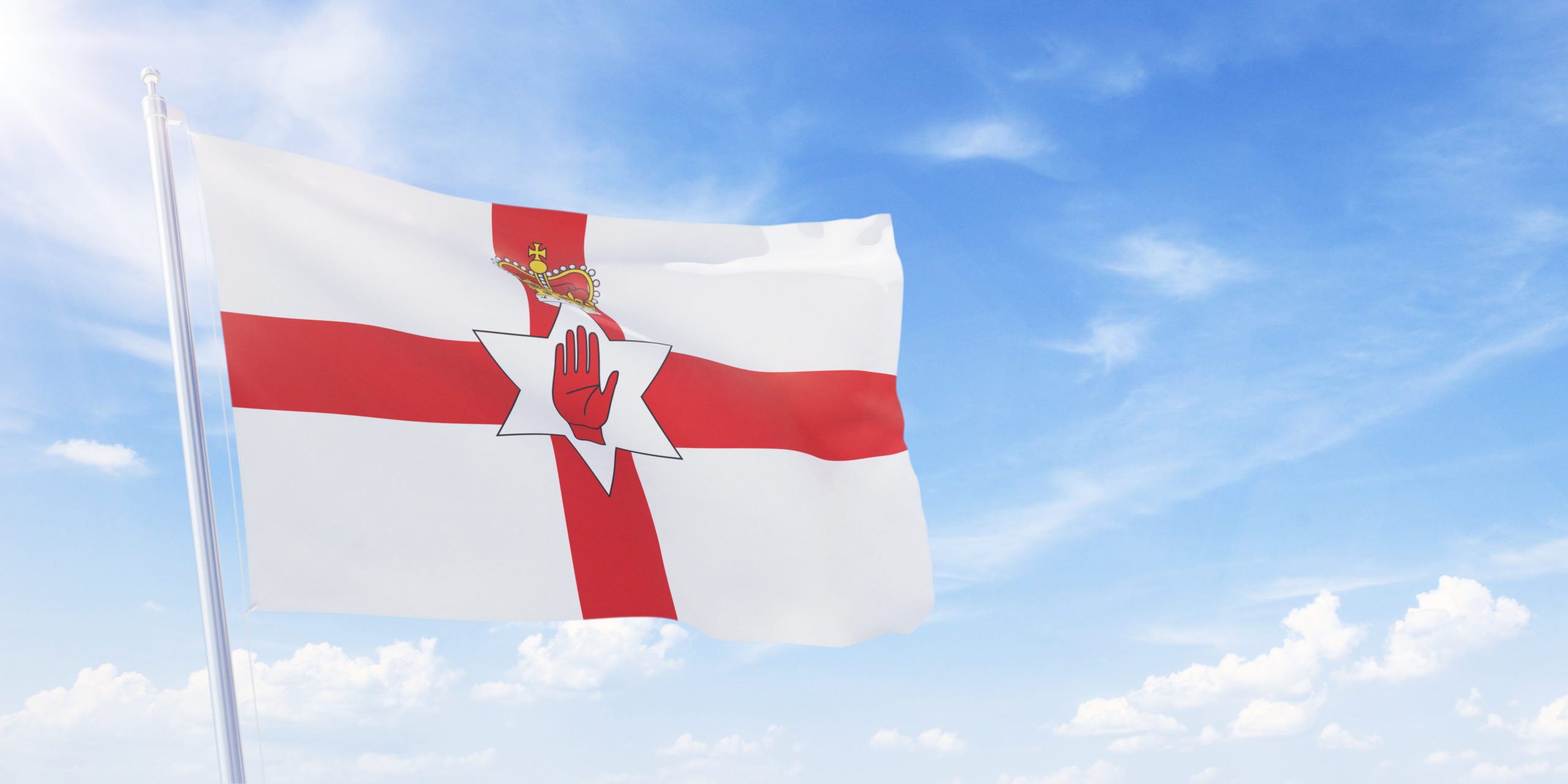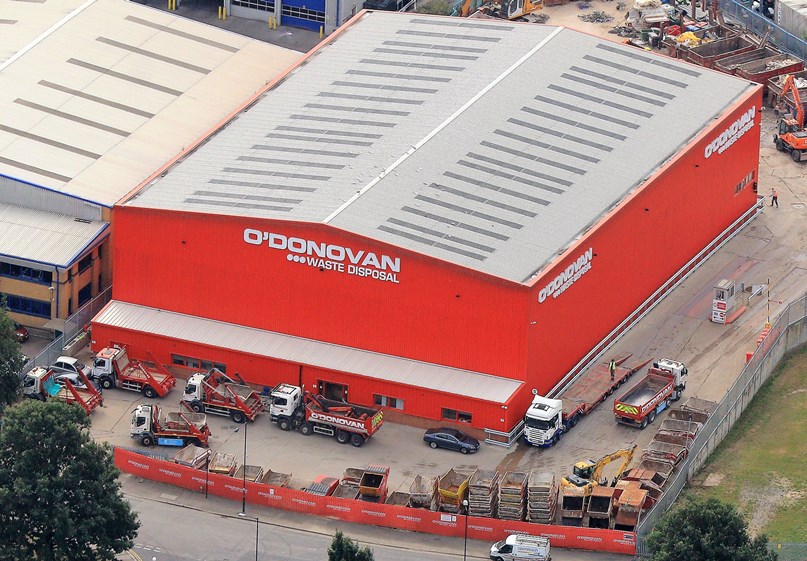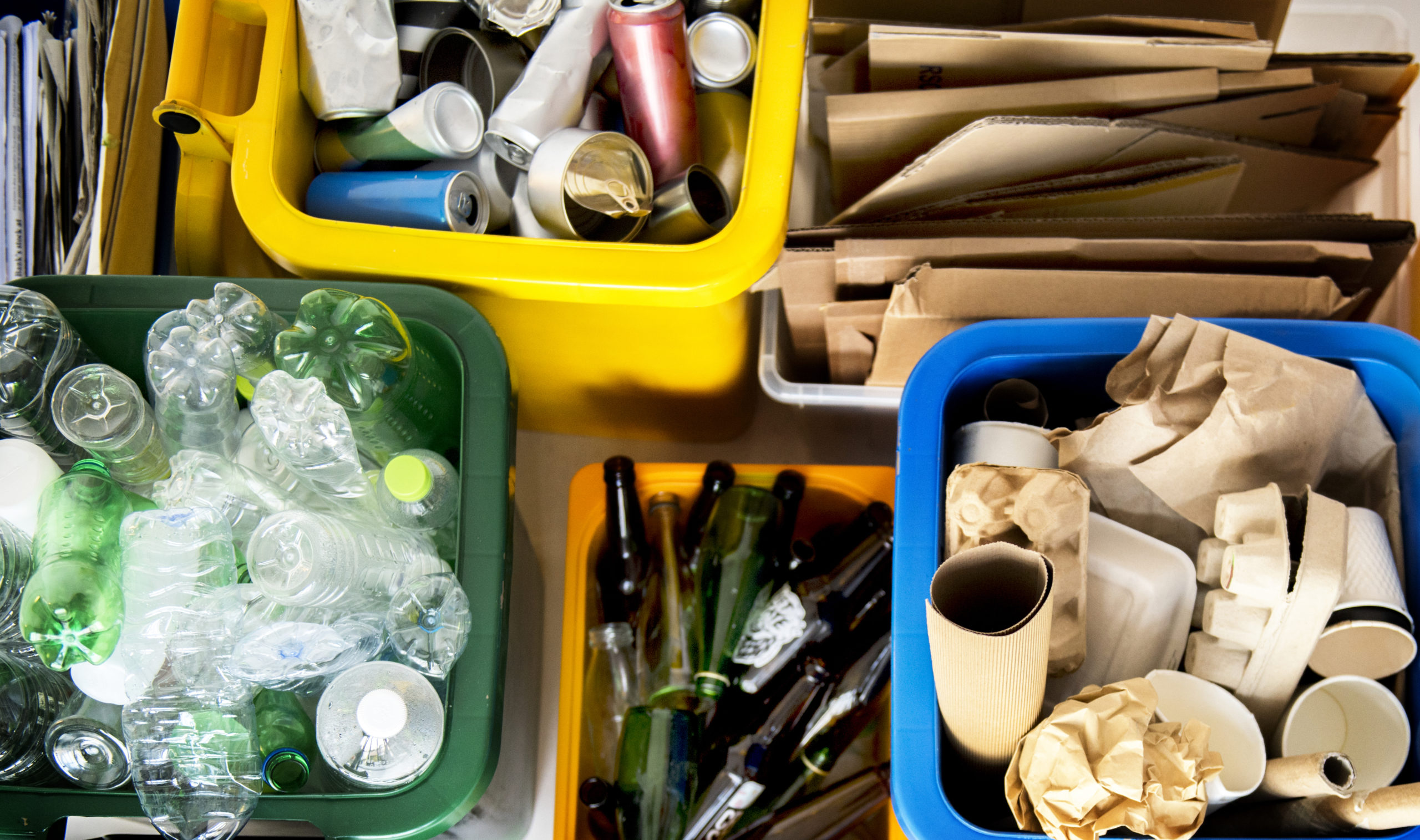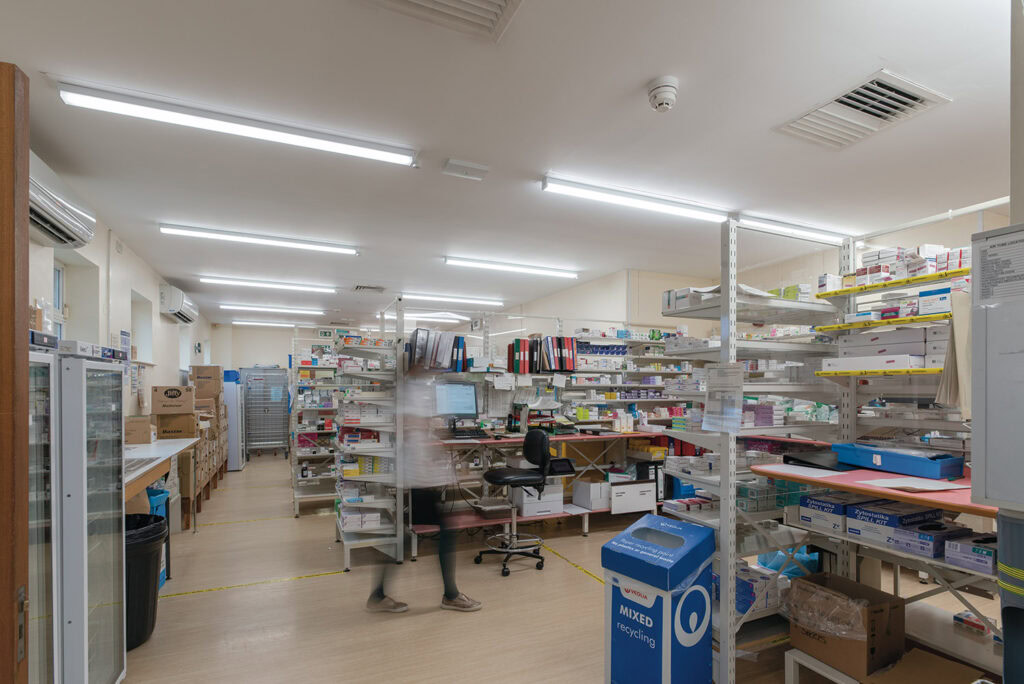Northern Ireland consults on draft circular economy strategy
Northern Ireland’s department for the economy launched a public consultation on its draft circular economy strategy on 9 January.
The strategy’s “overarching target” is to halve Northern Ireland’s annual material footprint per person to eight tonnes by 2050.

The department for the economy says the draft strategy sets out how this can be achieved through switching to reusable materials, increasing the use of fuels “that can be replenished”, designing things to be kept in use for longer and reducing waste.
In a statement, the department for the economy said: “This draft strategy sets out a vision that by 2050, Northern Ireland will have an innovative, inclusive and competitive economy where business, people and planet flourish, with responsible production and consumption at its core.”
The public consultation is open for 10 weeks until 20 March. People can respond here.
The department for the environment wants to hear from those across industry and the public sector, as well as citizens, “whose everyday lives this change will ultimately affect.”
O’Donovan launches hazardous waste management service
London-based firm O’Donovan Waste has announced it has launched a hazardous waste management service from its new £15 million, three-acre Alperton Lane depot.
O’Donovan says its new licence will allow it to handle an array of different hazardous materials, such as asbestos sheeting, paints, aerosols and other chemically contaminated wastes.

O’Donovan will deal with the hazardous materials from ‘cradle to grave’, the company says, including free site visits, the completion of required legal documentation, the provision of instructions for the segregation of different wastes, transportation and the final disposal requirements.
The Alperton Lane depot, situated near Hanger Lane in West London, will also accept hazardous waste from clients, O’Donovan says.
Shane Brown, O’Donovan’s operations director, said: “We are really happy to launch this specialist service to our clients. It has been a long, hard road to obtain this licence change, but it will be worth all the ‘blood, sweat and tears’ to finally be able to offer such an elite service to the industry.”
75% of Britons want glass included in DRS, poll suggests
Three-quarters of Britons want glass included in the deposit return scheme (DRS), according to a poll commissioned by campaign group Nature 2030.
Launched in 2019, Nature 2030 is an international coalition of businesses, politicians and campaigners.

All four UK nations have announced that they will introduce a DRS for beverage containers by 2025, with Scotland’s set to be the first. Scotland and Wales will include aluminium, glass, plastic and steel containers in theirs, but England and Northern Ireland will exclude glass.
Polling of 2,076 people conducted by consultancy Yonder between 16 and 18 December showed 75% wished to see glass included in a future DRS in all four nations of the UK.
Sian Sutherland, co-founder of campaign group A Plastic Planet, said: “We urgently need an all-in deposit return scheme across all four nations of the UK. If we are to radically reduce our dependence on natural resources, we need urgent systems change that go beyond mere lip service. That means dealing first with the UK’s chronically low levels of glass recycling.”
Nature 2030 says more than 30% of glass in the UK is not currently recycled.
Ecoveritas seeks packaging industry’s opinions on EPR reforms
Data specialist Ecoveritas has launched a survey seeking the opinions of the packaging sector on extended producer responsibility (EPR) for packaging.
Ecoveritas says the implementation of EPR has moved “at a glacial pace”, owing to the lengthy consultation process started in 2019 and the government’s decisions based on the responses, as well as the delays caused by the Covid-19 pandemic and political turmoil.

Some producers are still confused, Ecoveritas says, and, as such, the consultancy wants to “gauge the mood of those on the frontline”.
Andrew McCaffery, Ecoveritas’s global EPR director, said: “With required actions under EPR finally underway, some four years after it was announced by Government in the Resources and Waste Strategy for England, outlining how the new regulation will work in practice for UK businesses that need to comply with this new legal requirement must become our priority.
“We must now move beyond discussing its merits and instead help businesses unpick the intricacies in already challenging times.”
People can respond to the survey here.











Subscribe for free